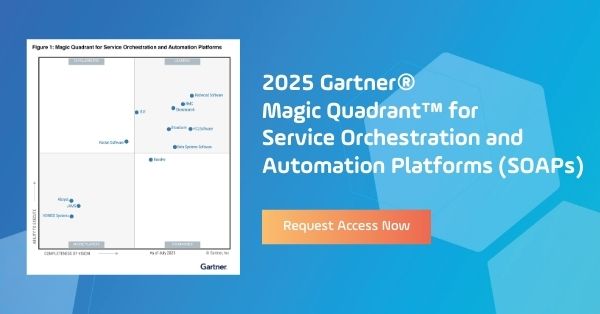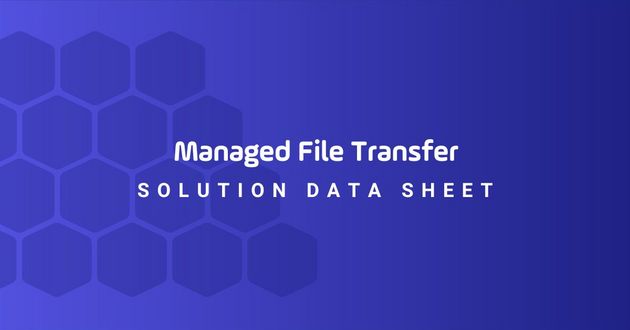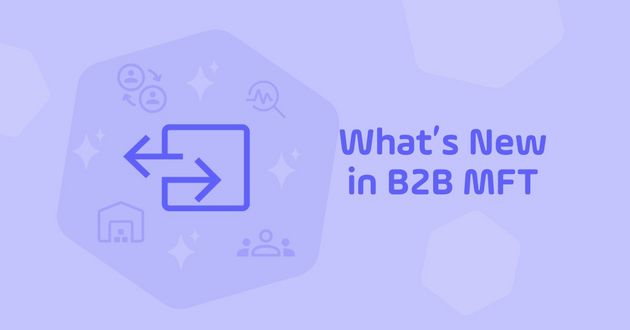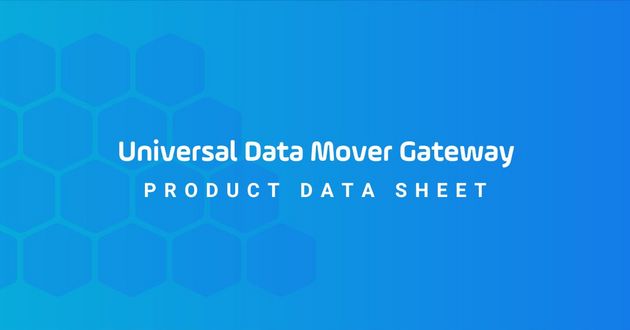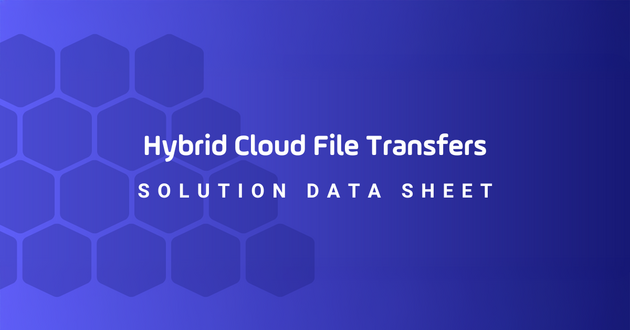The Expanding Role of Distributed Scheduling in Modern IT
Discover the benefits of distributed scheduling software solutions and the crucial role they play in managing complex, modern IT environments in real-time.
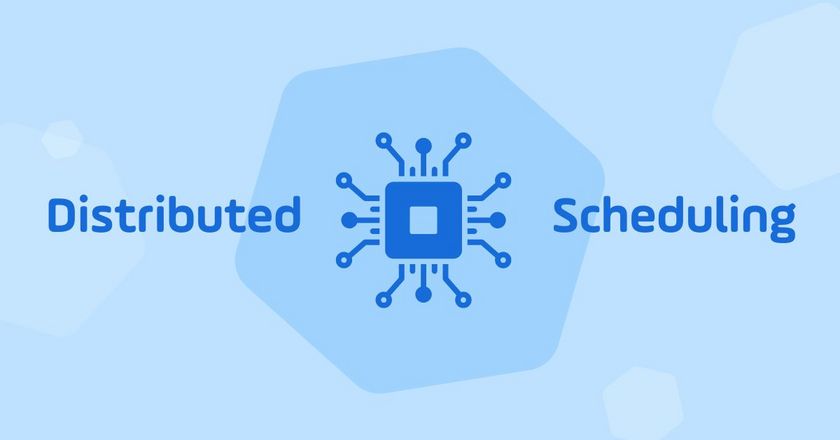
Distributed scheduling is often misunderstood as mere task distribution across multiple machines. However, this narrow view overlooks the strategic complexity and significant benefits that true distributed scheduling offers. By better understanding and implementing automation across distributed systems, organizations can optimize performance, enhance reliability, and achieve scalable orchestration that drives efficiency and innovation.
Understanding Distributed Scheduling
Distributed scheduling is the strategic execution of tasks across multiple computational resources to optimize the use of available assets and enhance system efficiency. It's easy to think the term simply refers to spreading out tasks across multiple servers or machines. While that's part of it, distributed scheduling is so much more than just task distribution.
A more comprehensive definition of distributed scheduling incorporates the orchestration and management of tasks across interconnected networks. This ensures dependencies are met, resources are optimized, and tasks are executed in the correct sequence. The approach requires sophisticated coordination to handle load balancing, fault tolerance, and network latency to seamlessly integrate and execute tasks across diverse environments.
Driving Forces Behind the Rise of Distributed Scheduling
Several key factors have contributed to the increasing importance of distributed scheduling in modern IT environments:
IT System Complexity
Modern IT environments span multiple clouds and integrate legacy on-premises systems with new software and tools. This complexity demands a robust scheduling strategy that can seamlessly manage and coordinate end-to-end processes across a heterogeneous infrastructure.
Data Intensiveness
With the explosion of database and machine-learning operations in sectors like e-commerce, healthcare, and finance, the ability to efficiently process vast amounts of information is crucial. Distributed scheduling strategies help manage these data pipelines by optimizing resource allocation and ensuring timely data processing — both of which are vital for businesses reliant on large-scale data analysis and processing.
Need for Real-Time Processing
Is there any modern organization that wouldn't benefit from real-time data? This emerging operational necessity requires systems that can swiftly process and analyze high volumes of information. Distributed scheduling comes to the rescue by allocating resources on the fly, which allows organizations to respond promptly to changing conditions and make informed decisions based on the latest data.
Scalability and Flexibility
As businesses grow, so do their operational demands. Distributed scheduling offers the scalability to handle increasing loads and the flexibility to adapt to changing requirements. This enables organizations to maintain efficient and effective operations as they expand.
How to Implement Distributed Job Scheduling
Implementing a robust distributed job scheduling system requires a centralized platform that can seamlessly integrate with existing IT frameworks, while also providing comprehensive management and monitoring capabilities.
Service orchestration and automation platforms (SOAPs) — particularly those with native managed file transfer (MFT) capabilities — are ideal distributed job schedulers. These platforms enable businesses to (1) schedule jobs and execute tasks across their networks, and (2) adjust dynamically to workload changes and system performance in the moment.
For example, Stonebranch Universal Automation Center (UAC) provides a powerful solution for distributed scheduling. UAC allows IT operations teams to manage and monitor complex workflows across their hybrid IT environments. The platform's advanced features — such as real-time monitoring, OpenTelemetry observability, and automated notifications — come together to help organizations maintain optimal performance and resource utilization.
Looking Ahead: The Strategic Advantage of Distributed Scheduling
Distributed job scheduling stands out as a transformative solution that aligns IT operations with the strategic goals of an organization. Investing in distributed scheduling is crucial for businesses that seek efficiency, flexibility, and a competitive edge in a rapidly changing technological landscape.
Organizations that invest in advanced scheduling systems (like SOAPs) today are positioning themselves for success in a future where efficiency and speed are paramount. Embracing this technology not only meets today's challenges but also lays the groundwork for future innovations and operational excellence.
The TL;DR is this: Understanding and implementing distributed scheduling correctly is essential for optimizing workload automation in hybrid IT environments. It goes beyond simple task distribution to involve a comprehensive strategy for managing complex IT environments, handling vast amounts of data, and meeting real-time processing demands. Going forward, distributed scheduling will play an increasingly vital role in helping organizations achieve their goals and maintain a competitive edge.
Start Your Automation Initiative Now
Schedule a Live Demo with a Stonebranch Solution Expert


